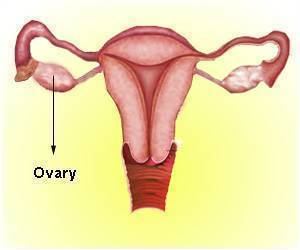An introduction of a new drug can cut down the growth of cancer cells at their early stages as per new research.

The lead compound of a new chemical class with a novel mechanism, called CPI-613, attacks two key cancer cell building block targets in one shot to stop tumor growth.
Discoveries by Drs. Bingham, Zachar and colleagues at Stony Brook University led to a technology for the design of drugs that disrupt cancer metabolism.
In collaboration with Cornerstone Pharmaceuticals, they are evaluating the basic mechanisms of actions behind this class of agents.
In 2008, initial stage (phase I) Food and Drug Administration (FDA)-approved clinical trials of anti-cancer compounds began. As the exclusive licensee, Cornerstone is sponsoring the clinical trials, which have now moved into phase II.
The latest research findings in the paper highlights the results of cultured cell studies by the research team in support of the phase II clinical trials.
The critical clinical implication of this duel mechanism of action is that unlike other current anti-cancer agents, CPI-613 has the capacity to attack tumor metabolism more robustly than single-target agents and be less vulnerable to evolved drug resistance, Bingham said.
The agent attacks and deactivates two lipoate-using enzymes that are major entry points for energy and carbon into the mitochondrial citric acid cycle of the cancer cell.
The study is published in Cancer and Metabolism.
Source-ANI
 MEDINDIA
MEDINDIA



 Email
Email










